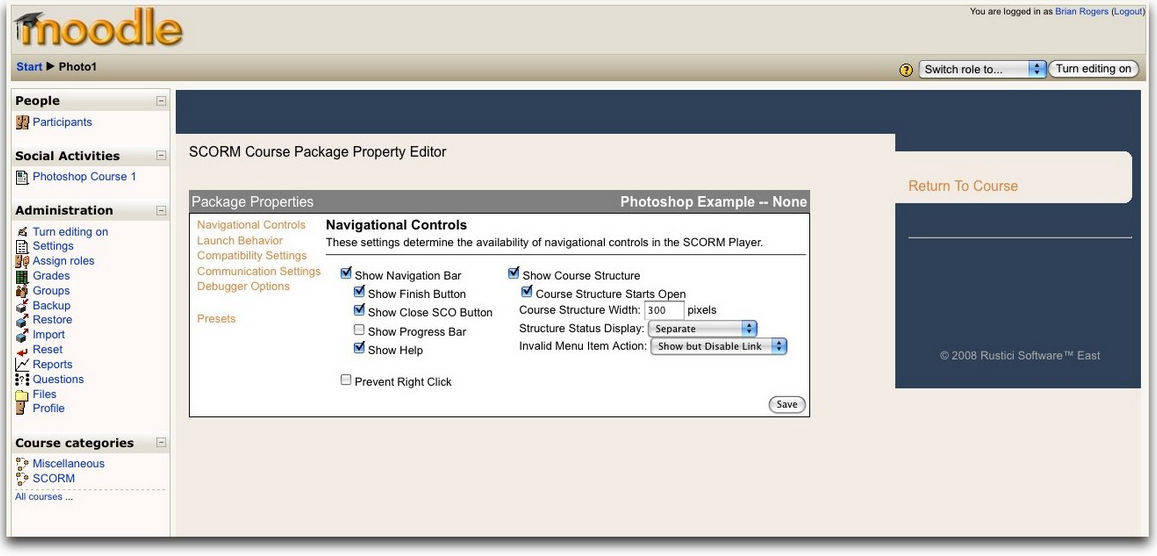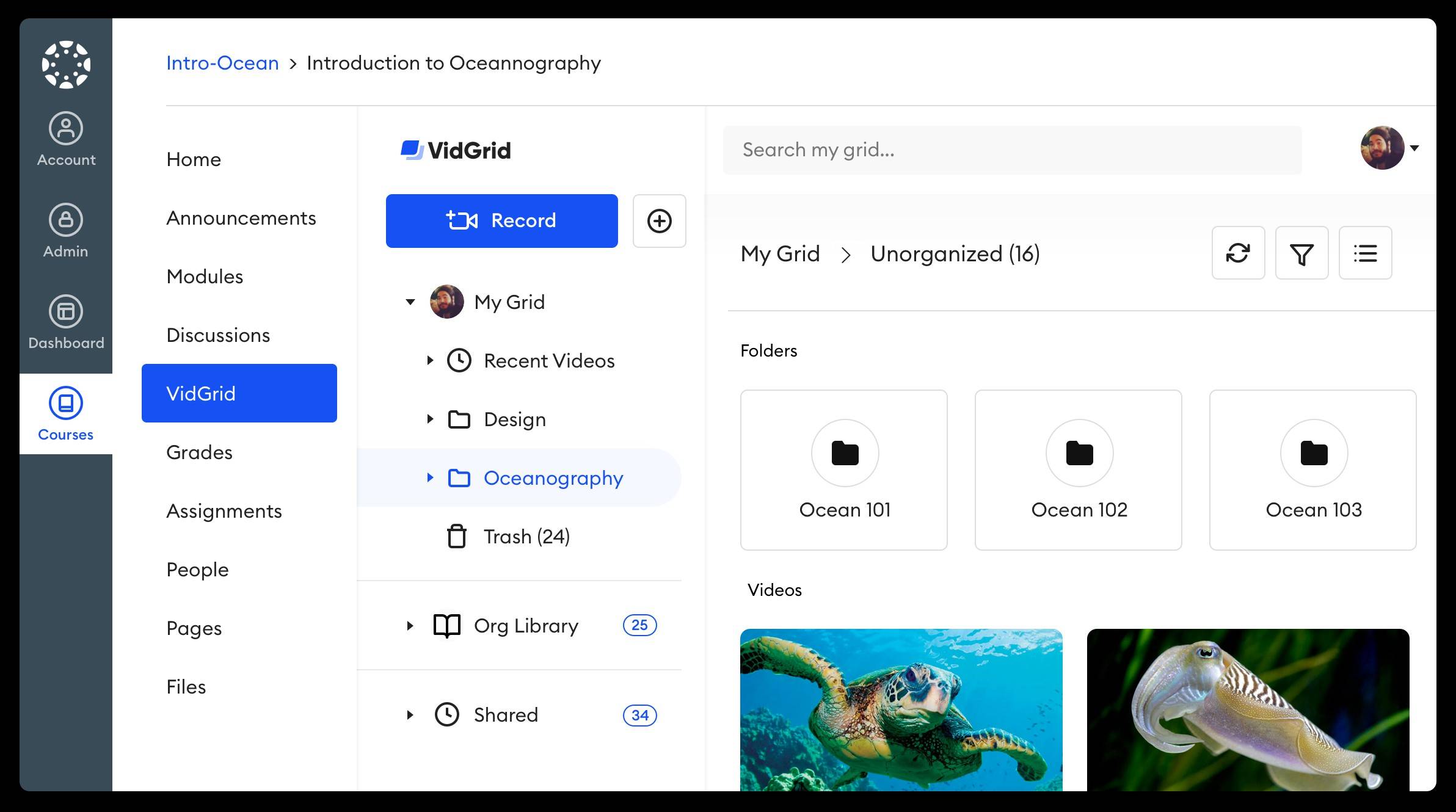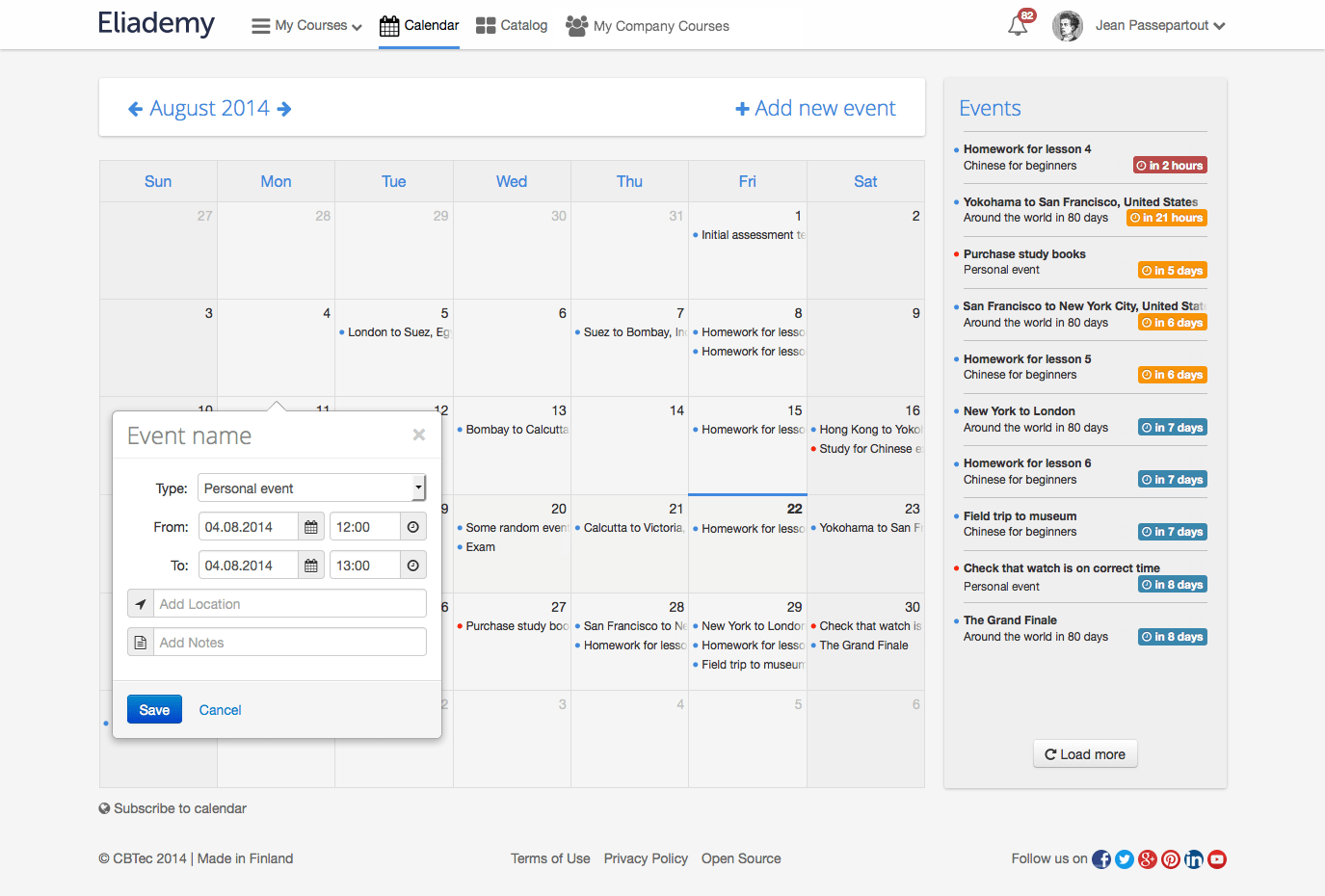Table of Contents
What is LMS?
Learning management system or LMS is a software that allows an organisation to administer, collect, manage, extend and in the last analysis, deliver educational courses to candidates desiring to pursue a degree or want to learn online. The system dates back to 1990 when it was developed first but was limited to aural lectures being delivered in remote places. Today, it has adopted all the form factors of technology. The online learning management system is now offered by a plethora of institutions and is also deployed by business organisations to train candidates who would be working with them. The system is used basically to extend e learning tools, which contains all sorts of content from audio-visuals to study materials and even live teaching sessions.
Benefits of Using Learning Management System Software
1. Easy Creation of Courses: LMS, being an online learning management system, can be used to create courses in educational institutions. The teacher or course developer can build a course using text, images, audio, videos, recorded sessions, mock tests and a lot more elements. As a result, the designed course become highly interactive and the pursuer finds it easy to grasp.
2. Delivering Course: The created course can then be offered to aspiring individuals through the institution/company’s website, where the candidate can access all the materials easily by logging in to his account. This is also the cardinal reason behind the popularity of online learning platforms as even the one who cannot access quality education in his locality through the classroom based learning system, can easily opt for an online course.
3. Automation and Management: Learning management system also enables the automation of workflow of the course offering organisation. It automatically tracks the attendance of students, teachers and other staff. The progress of candidates is evaluated routinely and the teachers can also use the same platform to contact the students in private. Moreover, the LMS application can also generate reports for individual students as well as in general.
4. Roles and Permissions: This system also allows the admin to control permissions to the staff and students and enables assigning of roles to the working employees. The same can be changed anytime and from anywhere if needed. For example, a science teacher will not get access to marksheets of students in English subject.
5. Getting Feedbacks: There is an unending scope in online courses as the learning management system facilitates taking of feedbacks from the users. The course creators and the developer take those feedback into account and continue to improvise and improve the platform in order to vouchsafe the same in the best possible way.
All these being the benefits of using a learning management system. However, it is necessary that the particular system should easily adapt to the needs of the organisation and its specific particularities. Since no two organisations are the same, hence a system like this should come with the option of modification according to the institution’s needs. This brings the need for an open source learning management system, which can be tweaked by developers to add, subtract and modify features. As a result, the institution will get a customised solution that can suit perfectly its requirements. Furthermore, for emerging and small institutions, purchasing a robust online learning management module is not the cup of tea as they have to maintain a strict budgetary constraint. To overcome this fret, one can use a free learning management system, which is not rare these days. There are numerous companies offering learning management solutions free of cost (with terms and conditions). Having understood the importance of an open source and a free LMS software, let us have a look at a few of them.
Top Free and Open Source LMS
1. Moodle
Moodle is an online free and open source learning management system that offers management of e-learning platforms from the creation of courses to passing a degree certificate to students. It is a single, highly secure and integrated learning system that brings a host of features to a unified platform. Using this system, one can easily create roles of working staff and put numerous courses for online enrollment. The best part is that Moodle is highly customizable, which makes it a perfect choice for the organisation of any type. Besides, the software is also completely scalable, thus can adapt to the requirements of the institutions of all sizes.
2. Open edX
As clear from the name itself, Open edX is an open source learning management system tool, which offers industry solutions to higher educational institutes, governments and NGO as well as business entities. Trusted by institutions such as Harvard, Massachusetts, IBM, Microsoft, etc., Open has been used to create over 20,000 courses online. The software is highly responsive and works seamlessly on any device, be it desktop with Windows or MacOS, smartphones with Android or iOS and even through any standard web browser. On top of all these, it also allows multiple integrations so that the user can affix relevant tools and use those without leaving the platform for different applications. Open edX has a highly intuitive and clean dashboard that shows insights of course teams with near real-time analysis. Course developers can use all multimedia contents while designing a course and can enable the option to learn using AR, VR devices as well.
3. Canvas
“Open, intuitive and born in Cloud”, this tagline of the Canvas learning management tool defines all its key aspects. The application helps to digitalise contents and courses desired by the teachers and students. Canvas is actually a set of integrated products, which combines LMS to all other necessary e-learning module creation tools. It brings robust tracking features for online learning that eliminates forgery and cheating completely. Since the platform is controlled by a deployed learning management system, there is no chance that one can get away with any sort of wrongdoing. All the records are tracked and the performance of students is evaluated automatically by his learning hours, attendance, test scores, etc. These reports cannot be manipulated or tweaked and even if they are altered, all the activity will get stored, which will be accessible to the administrator. Besides, the Canvas has all other standard LMS features, which makes it an all-round system with rarely any compromise.
4. Eliademy
Eliademy is a learning management system that allows organisations to create and edit online courses, forums and quizzes with multimedia contents apart from usual verbal documents. There are some unique features that make Eliademy on top of most of the LMS out there in the market. The first one is the e-calendar, which is an interesting upgrade over the usual timeline module. All the events such as tests, teaching sessions are organised in a digital calendar that also reminds students before important deadlines. Thereafter, Eliademy also supports integration with LinkedIn, which all the online courses can be added to the organisation’s business profile. All these make it a unique LMS tool with some of the entirely exclusive features.
5. Forma
Forma is an open source LMS software used to deliver online courses and corporate training. It has a simple and responsive layout that allows easy operation and usage for both the teachers and students. One can manage html pages, embedded videos, course materials and everything right from his fingertips. It can also be used to create webinars, which is usually not found in most of the LMS softwares. The best part is that, apart from being an open source tool, Formal is also completely free.
Conclusion
Comprehending the importance of learning things, particularly the importance of education, is one of the elementary characteristics that separate humans from other animals. Education is of varied forms and there are also motley of methods of proffering the same to the general population. Learning is not merely classroom style coaching but it is equally imperative for the business enterprises of today, which have to train their employees, interns and the entire workforce in a systematic manner. Moreover, with the advent and subsequent popularity of e-learning platform, the corporations and mostly the educational institutions are readily opting for online learning management system using LMS app.









![10 Best Free and Open-Source Landscape Design Software in 2024 [Updated] SaaSworthy Blog Header](https://images.saasworthy.com/blog_latest/wp-content/uploads/2021/04/Blog-Header-Image.png)

